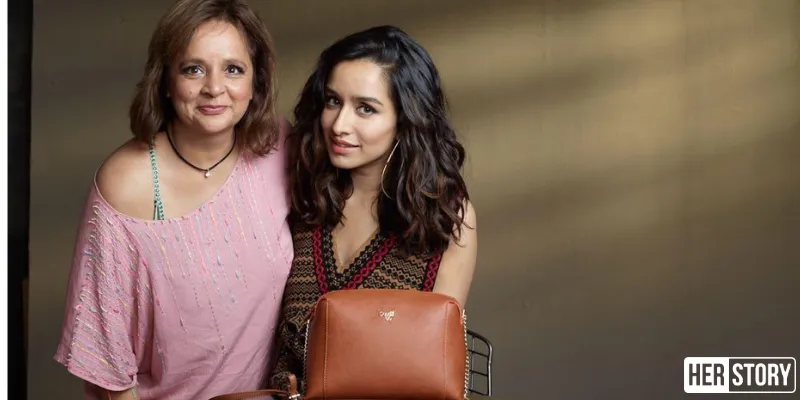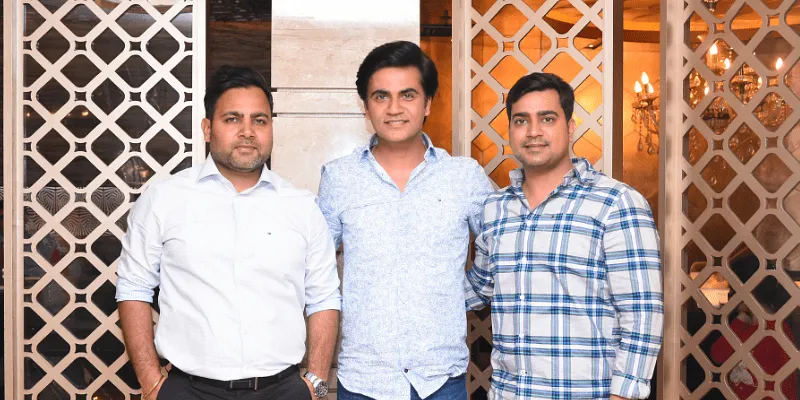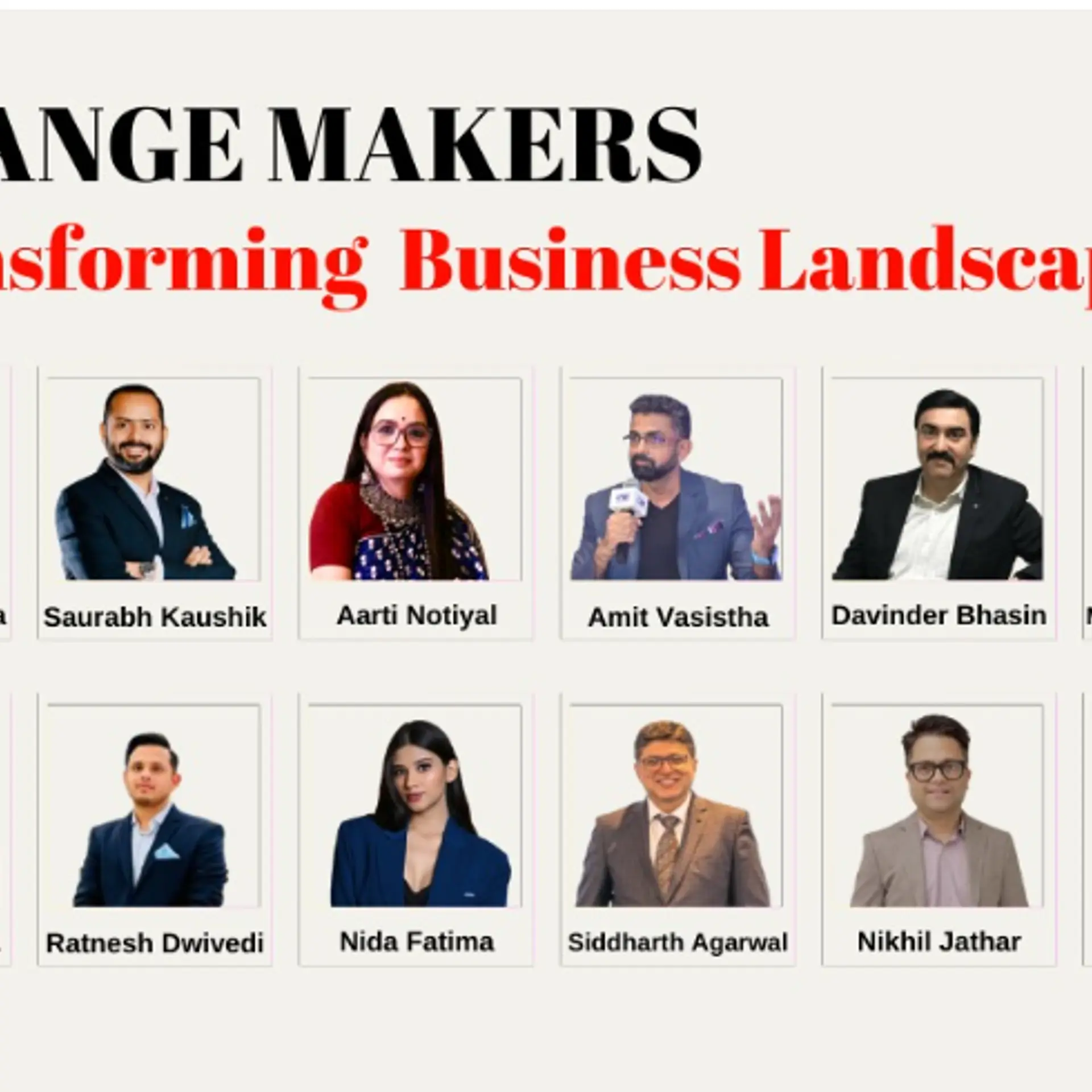The week that was: from making education affordable to the rise of Baggit
This week, we also bring to you how SMBs leverage social media and how the Sarin brothers turned around their restaurant business.
Today, education still continues to be inaccessible for many people in India. Almost 30 percent of Indian families sell their assets to fund their children’s education; 20 percent borrow from informal moneylenders at high monthly rates; another 30 percent entirely give up on college education due to a lack of funds to continue their higher education.
Traditionally, banks have offered education loans. But, as per statistics by RBI, banks have steadily cut down on education lending since 2018 due to rising loan defaults by students. There are now many startups that are making education affordable.
Now to an SMB entrepreneur.

Nina Lekhi, Managing Director of Baggit with actor Shradha Kapoor
Close to thirty years ago, at the age of 18, Nina Lekhi started Baggit as a vegan accessories brand made from eco-friendly materials, with just Rs 7,000 in hand.
“No woman in our family had ever worked before, but my mother was extremely encouraging. I think Baggit is proof that failure is the stepping stone to success,” says Nina. We’ll come to the failure part a little later in the story. First, let’s look at where the company stands today. The Mumbai-based startup is worth Rs 111 crore with over 360 stock-keeping units (SKUs) in handbags, 360 SKUs in wallets, 70 SKUs in mobile pouches, and 10 franchised stores.
SMBs struggle to communicate their business proposition to a wider audience.
Social media helps us connect with friends and peers. However, in recent years, these platforms have emerged as a strong tool for businesses to network with targeted clients . It continues to be significantly leveraged by small business owners to scale their business. With over two billion social media users worldwide, social media channels are providing a platform for SMBs to boost their reach — be it setting up shop on , selling via Instagram, or securing leads through a group.

Sarin Brothers
Restaurants have struggled during the pandemic. But what does it take to win? Know more from these three brothers.
The Sarin brothers — born into a family of businessmen — wanted to start a restaurant business that targeted children, young adults, and families. But they knew a restaurant for kids cannot serve alcohol, and a lounge-cum-bar for young adults wouldn’t attract families. To overcome this, in 2019, Shaan (34), Rahul (32), and Aakash (29) took up a three-storey building in Punjabi Bagh, Delhi, and launched three restaurants — one on each floor.
Edited by Suman Singh







